Graham Reid | | 1 min read
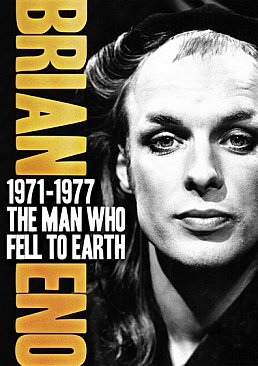
Despite the title here being appropriated from David Bowie, this does seem a fair description of Brian Eno, the self-described "non-musician" who made his name in Roxy Music as the flamboyant synth-twiddler who brought an avant-garde sensibility to a band which might have otherwise simply sounded retro and poopy.
Eno's sonic textures only appeared on the first two Roxy Music albums -- they became more mainstream after his departure -- but as this doco makes clear, they hardly set him up for a solo career and in the year after he jumped/was pushed he floundered.
In a way help came from an odd corner, the tape innovations of Steve Reich which confirmed for him that to be a musician one need not be "a musician".
With Robert Fripp he crafted two small-selling but highly influential albums, No Pussyfooting and Evening Star, and with the assistance of many Roxy Music players and fellow travellers (Bryan Ferry conspicuously absent, hardly surprising given their falling out) delivered a series of solo albums which bridged studio-based pop, alt.rock and electronic sounds.
And then it was all on: producer to the lesser-lights and stars (JOhn Cale, U2, Talking Heads, most recently Coldplay and Paul Simon); ambient albums; prime mover behind the Obscure label; video production; art installations; lectures . . .
This interesting doco covers that pivotal period from the beginnings of Roxy Music (excellent footage) and into the makings of that solo career and enjoys the contribution of the likes of Robert Christgau, those who have written in depth about Eno (notably biographer David Sheppard) and longtime friends and fellow musicians.
Eno made music that many had "never heard before" (as Brian Turrington, bassist of the Winkies says) and throughout there are ample examples of that (many with interesting footage).
"We'd had enough humanism already," says Christgau in reference to the appeal of Eno's Here Come the Warm jets debut album album. "He wasn't the Allman Brothers. The Allman Brothers are fine but we wanted something different and there was a skepticism, an irony, sarcasm . . . Baby's on Fire is a terrific song, just the tone of it. No American rock band could have done anything like that."
And that is because Eno wasn't rock even though he was part of rock culture. He removed the foreground of rock music, says Sheppard, and that lead to the mysterious ambient-like works on his solo albums, and then the whole Music for Films/Music for Airports thread in his work.
Eno -- who isn't interviewed for this two and half hour in-depth feature but does appear in a few recent soundbites -- changed the face of popular music and what was possible within it.
Not bad for a non-musician.
Like the sound of this? Then check out this.

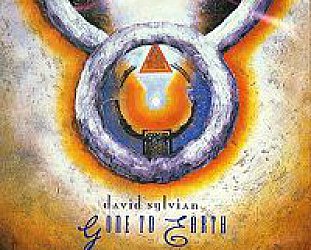
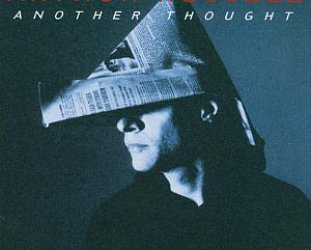
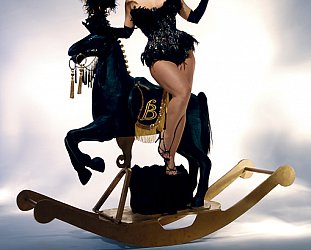
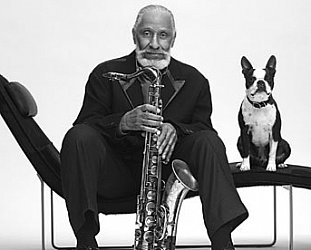
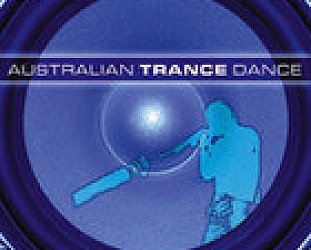
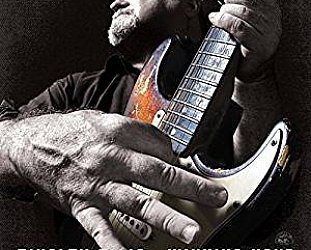
post a comment